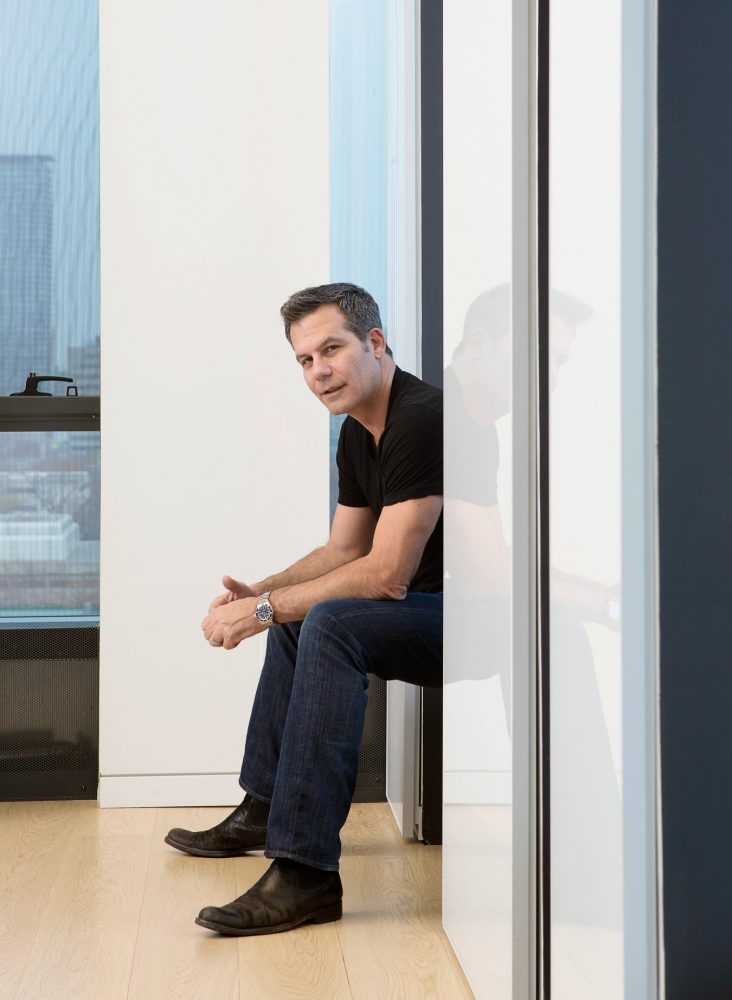Richard Florida admits that his career trajectory as an urban theorist owes as much to luck as it does to smarts. The author of the best-selling and widely influential The Rise of the Creative Class says, “I’d actually published three books beforehand, but nobody talks about those. My publisher thought that this ‘creative class’ idea might catch on in some way, and as it turns out, newspaper and magazine editors thought so, too.”
Published in 2002, Florida’s landmark work connected the dots between computer nerds, university professors, bohemian videographers, and the gay community, who collectively energized historic neighbourhoods in Brooklyn, San Francisco, Cambridge, and Toronto.
Florida was in West Vancouver last fall as part of the British Pacific Properties speaker series. He took to the stage to advance his most recent ideas—ones that will appear in his next book, The New Urban Crisis.
Florida lives and works in Toronto, serving as the director of cities at the Martin Prosperity Institute at the University of Toronto’s Rotman School of Management. Like his mentor and inspiration, the esteemed late urbanist Jane Jacobs, Florida believes that the soul of cities is found in vibrant, diverse neighbourhoods where families, singles, pensioners, and even tourists can all peacefully co-exist.
The New Urban Crisis, as he puts it, stems from the very success of his earlier findings and the debate over them, as well as the more recent back-to-the-city movement, which has driven up housing prices and caused us to become more divided. “Wealthy people from around the world want a safe haven in Canada, the United States, and Australia,” he says. Florida, though, is staunchly pro-immigration, believing fervently that new arrivals lead to prosperous, diverse, and dynamic cities.
Florida is also unabashedly pro-development, which does not mean he is pro high-rise. “We have to do density right,” he says. “You don’t want people sealed off in their high-rise condo towers—you want street-level interaction, which is best served by mid-rise buildings, ideally combining market-priced residential, retail, and commercial services with seniors and low-income subsidized housing.”
Rampant income inequality has further eroded neighbourhood diversity. “The sad fact is that we live in this winner-take-all economy that extends from business through sports and even into the arts,” Florida says. “We need a new kind of social safety net, like a guaranteed annual income.”
Cities like Vancouver, Toronto, San Francisco, and Seattle suffer from a crisis of success. Still, Florida is not a pessimist. “There may be a crisis in housing prices here, but I would far rather have that than try to solve the problems of a city that no one wants to invest in, or where people are moving away and the economy is collapsing,” he explains. “We need cities that work, where people are well-compensated for their labour and where everyone can thrive.”
Read more from our Community section.










